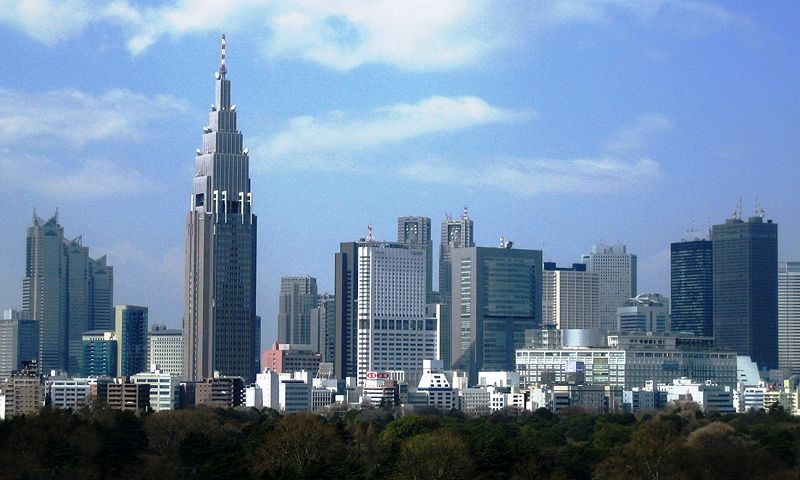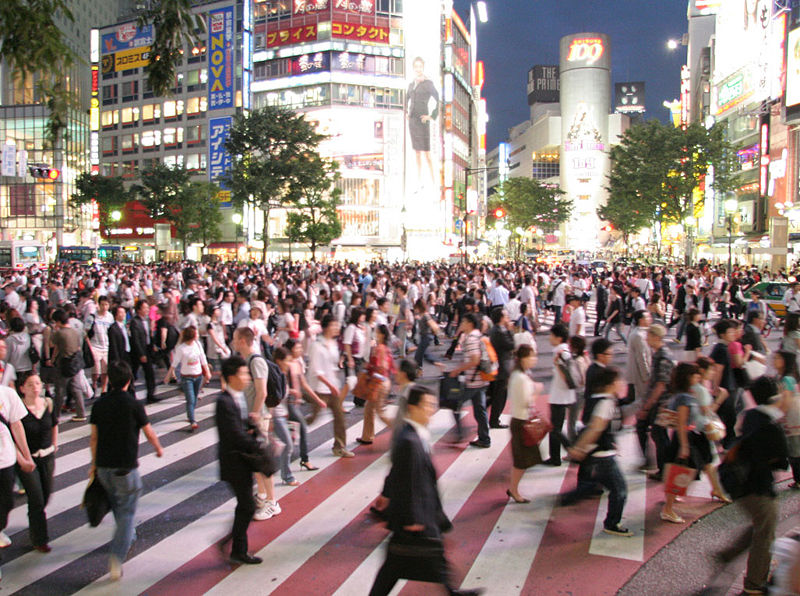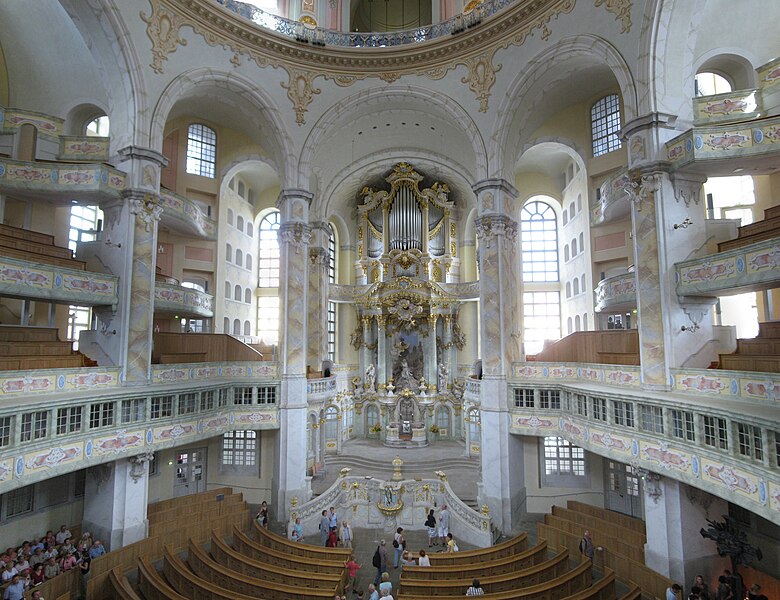Boy in Japanese internment camp who enlisted to be a soldier. I've always been interested in the Japanese in the camps, since they were American citizens imprisoned for no reason other than that they were Japanese. I remember a play I saw once about children in the camps.
2. research! including specific links and the major topics, people, and info in your letter.
Dear Miss Breed, Japanese American National Museum, Wikipedia Letters of a Nation
In April/May 1941 over 100000 Americans of Japanese descent were imprisoned in internment/relocation camp programs because the government was suspicious of their loyalty to the nation and worried that they might be spies. Many were separated from family and friends. While they were there, some pro-Japanese groups popped up, and when a law was passed that made it possible to renounce American citizenship, they took the opportunity and the government suspicions were found true for those cases--though these Japanese Americans were speculated to do so because they felt betrayed by their country. At some point, (around Feb 1, 1943) some Japanese men were asked if they wanted to volunteer to serve the armed forces and 20000 Japanese men and several women were enlisted. They formed the 442nd Infantry Regiment that would soon become famous.
3. an overview of the tone and ideas of your letter.
I want to be a young Japanese American male who hears about the government recruiting people from the relocation/internment camps. I think I'll write about the conditions of the camp, the questionnaire the Japanese Americans had to take to enlist or the opportunity that was given to enlist, the pro-Japanese groups, and going off to war (as part of the 100th Battalion 442nd Infantry, possibly).
4. more???
Possibly want to write to a sister or an old friend (who wasn't Japanese).
Other sources I can use:
http://www.dearmissbreed.com/
http://www.dearmissbreed.com/
http://www.dearmissbreed.com/
http://www.janm.org/exhibits/
http://www.janm.org/
http://en.wikipedia.org/wiki/
http://en.wikipedia.org/wiki/442nd_Regimental_Combat_Team
http://en.wikipedia.org/wiki/
http://www.
http://www.infoplease.com/
http://www.calisphere.
http://www.calisphere.
http://www.
http://www.goforbroke.org/
Japanese Internment Camps by Bryan J. Grapes (page 23-26)





